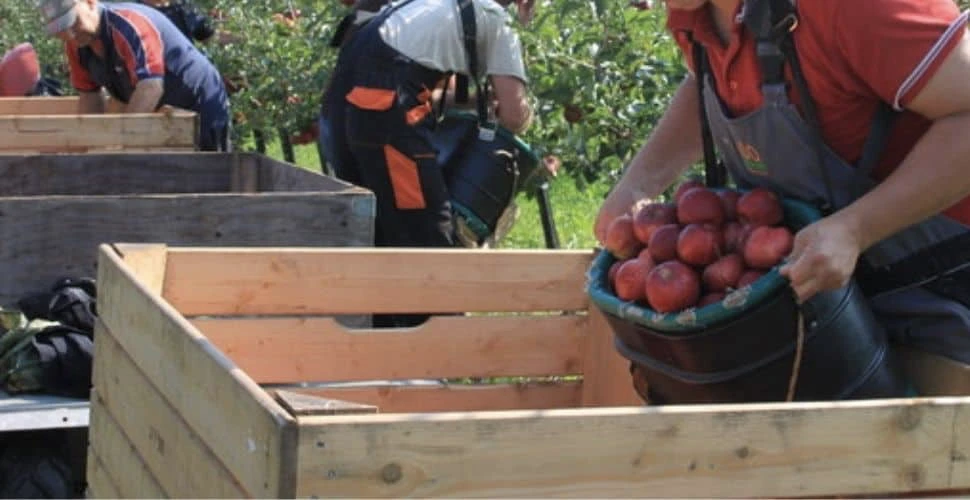This is an abridged version of the article originally published on Human Trafficking Search to support the three-part podcast series ‘Disability and human trafficking’ available on Rethink Freedom.
In my recent research, I’ve delved into the under-explored connection between disability and human trafficking. This overlooked issue came to my attention during my time at Grinnell College in Iowa. I stumbled upon the case of EEOC vs Hill County Farms, a landmark civil case that exposed the convergence of disability and trafficking. The case centered on dozens of intellectually disabled men trafficked from Texas to work in deplorable conditions in Atalissa, Iowa. These men endured abuse, earned meager wages, and suffered neglect.
A system of “legal” labor trafficking
This exploitation was rooted in a 1966 agreement between the Abilene State School and American businesses, establishing a system of “legal” labor trafficking. Henry’s Turkey Service, one such business, exploited intellectually disabled men for their labor, leveraging subminimum wages allowed by the Fair Labor Standards Act.
Despite exposure in 1979, the abuse continued due to limited action. Another investigation in 2009, driven by a coalition of victims, families, journalists, and social workers, exposed worsened conditions. These men faced squalor, physical abuse, and medical neglect. Finally, state intervention led to their rescue.
Reflecting on this, I realized how close this issue hits home, as Atalissa is not far from Grinnell. Modern slavery and human trafficking can occur anywhere, even in tight-knit communities. I delved deeper into research and was alarmed by the lack of attention to the intersection of disability and trafficking. As a member of the disability community, I recognized the increased vulnerability of disabled individuals to trafficking.
Traffickers target people facing stigma
Studies indicate that people with disabilities are disproportionately targeted by traffickers due to stigma and limited opportunities. They face challenges in employment and healthcare, increasing their susceptibility to trafficking. Despite evidence of this intersection’s significance, the anti-trafficking community often overlooks it.
The story of Atalissa underscores the harm of neglect. A lack of attention can be as destructive as deliberate malice.
This article and the accompanying podcast aim to remind us of the importance of paying attention to these issues. It was written by Brendan Hyatt, a Research Fellow at Human Trafficking Search and a disability rights advocate, who hopes to raise awareness and encourage action in this critical area.







-
Follow us on Facebook
5.6M
-
Follow us on Twitter
32K
-
Follow us on Instagram
8K
-
Subscribe to our Youtube
5.7K
Donate